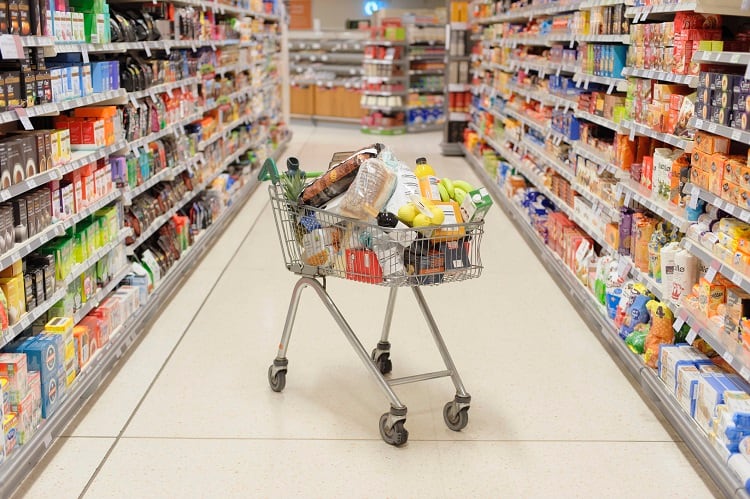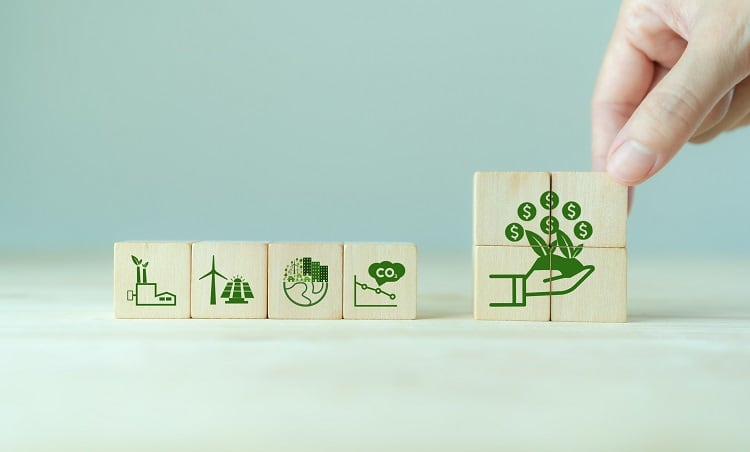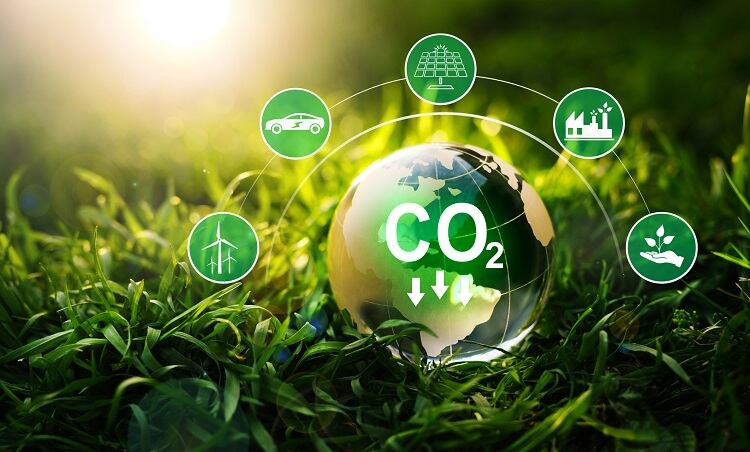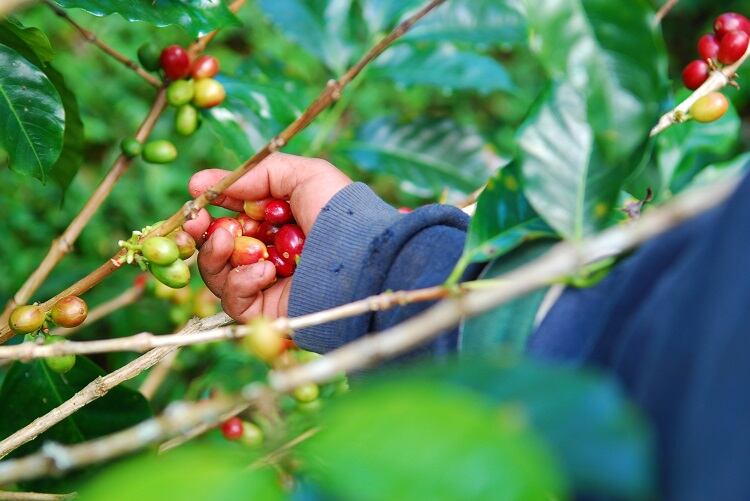According to the Cambridge Dictionary, ‘sustainability’ has at least two meanings: 1) The quality of being able to continue over a period of time; and 2) The quality of causing little or no damage to the environment and therefore being able to continue for a long time.
While these official definitions exist, the term is so frequently used by food industry stakeholders, and in such varying contexts, that it has come to mean different things to different people. At Bread & Jam’s recent Future Summit, three businesses with distinct roles within the food supply chain – a brand, a distributor, and a retailer – shared what sustainability means for them.
It’s not all about environmental sustainability
For the most part, ‘sustainability’ in food and drink infers environmental sustainability. But other forms of sustainability – notably social aspects – are intrinsically linked.
“Sustainability is quite often thought about as just the environmental side. It’s important to widen it to the social side as well,” according to Paul Hargreaves, CEO and founder of Cotswold Fayre – a specialty food wholesaler which supplies close to 2,000 retail outlets across the UK.
One cannot discuss environmental issues without also addressing social issues, he stressed at the Bread & Jam event. “One of the problems that we have particularly in the UK is that food and drink is too cheap,” Hargreaves stressed, suggesting that low-cost food is largely associated with environmentally unsustainable practices.
At least part of the problem lies in the financial structures of giant food and drink players, we were told. When a CEO of a major retailer, for example, is earning more than 300 times the wage of its average worker, “it can’t be a sustainable company”, Hargreaves told delegates, “because what it means, is that most of the population can’t [afford to] make sustainable choices”.

The interpretation of sustainability through a purely environmental lens is also a ‘pet peeve’ of petfood brand Scrumbles, a B-Corp company that aims to have a ‘net positive impact on pets, people and the planet’.
One of the start-up’s mission statements reads: ‘Good food shouldn’t cost the Earth’, which founder and CEO Aneisha Soobroyen explained refers to the product’s affordability. “We are a premium brand and conscious that we only cater to [a small] proportion of consumers.
“But we constantly evaluate the price positioning to make ourselves more affordable,” she told delegates.
A minimum level of sustainability across the board
If Scrumbles and Cotswold Fayre are premium in their positioning - and pricing - as the UK's largest retailer it is fair to say that Tesco has mass market appeal. But does that mean watered down sustainability ambitions as it balances price against principles? Or is its mainstream reach simply an opportunity to broaden impact?
The group has several teams working under the broad banner of ‘sustainability’. Collectively, the business is working to streamline these projects, the company’s Climate Change Manager, Rodrigo Barrios, explained.
The retailer has separated its sustainability agenda into at least three teams: packaging, deforestation, and climate. “The interesting part is that not always is the best action for climate, for reducing emissions, also the best action for preserving biodiversity or soil health or for packaging.”
Last year, Tesco committed to net-zero emissions from its supply chain and products by 2050. For the next 28 years, the retailer will have emissions reduction KPIs it must meet in order to reach its net-zero goal.
“But the issue is that with such a diversified supply chain, it’s very difficult to ensure we have a deep dive into these specific products,” Barrios explained. At the same time, Tesco is aware that retailers of its size are ‘extremely’ price competitive. This makes it difficult to signpost consumers towards one specific line of products which may be ‘especially sustainable’, the climate expert explained.
“Our agenda is more about ensuring there is a minimum threshold of sustainability across all agendas that allow us to meet our [sustainability targets] as a company.”
What practical steps are food players making?
One obvious way brands and retailers can support environmentally sustainable practices is via product packaging.
Scrumbles, for example, is constantly considering the packaging options available, and opting for the ‘better’, and not the ‘best’ solution. “Sustainability for us is a constant learning journey,” said Soobroyen. “There are always compromises to be made…and there is no ‘best solution’. There are just ‘better options’ and it’s always a trade-off.”
In putting ‘cats and dogs first’, Scrumbles needs to ensure the petfood is protected, and therefore the packaging, robust. “It’s got to have the right moisture barrier properties to keep it fresh, and then equally, [make sure there is a] correct way of disposing that packaging…and ensure that consumers know how to do so.”
The start-up has explored ways of moving away from plastic, by trialling home-compostable packaging for its treats. Insights revealed that most of its customers weren’t actually composting the packaging at home. “So what we were trying to avoid going to landfill unfortunately was going to landfill anyway,” the CEO lamented.
As a result, the business is now working to shift to a recyclable plastic. “I’m very passionate about the statement: ‘Plastic is not the enemy’,” we were told. “We try to educate consumers about the benefits of plastic, and of the right types of plastic.”
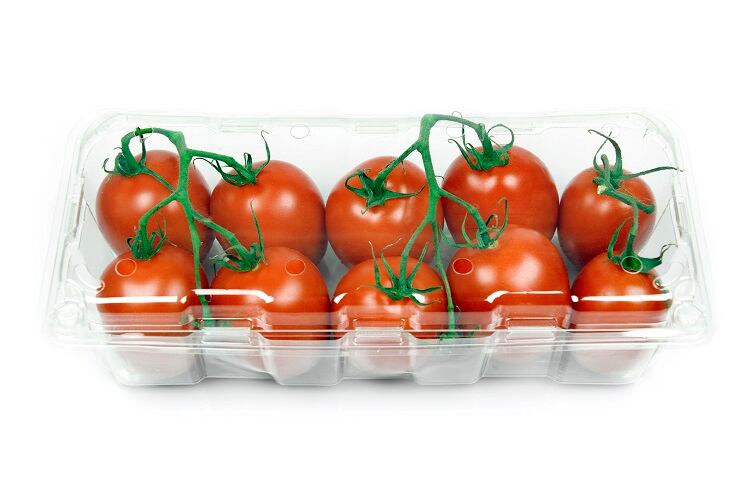
Tesco is another considering the impact of plastic packaging on sustainability – and more specifically, on its net-zero ambitions.
“When I say I work at Tesco in sustainability, people say: ‘But all the vegetables are wrapped in plastic!’ recalled Barrios. “Actually, plastic doesn’t have a strong correlation with greenhouse gas emissions. Plastic is not always the enemy.”


